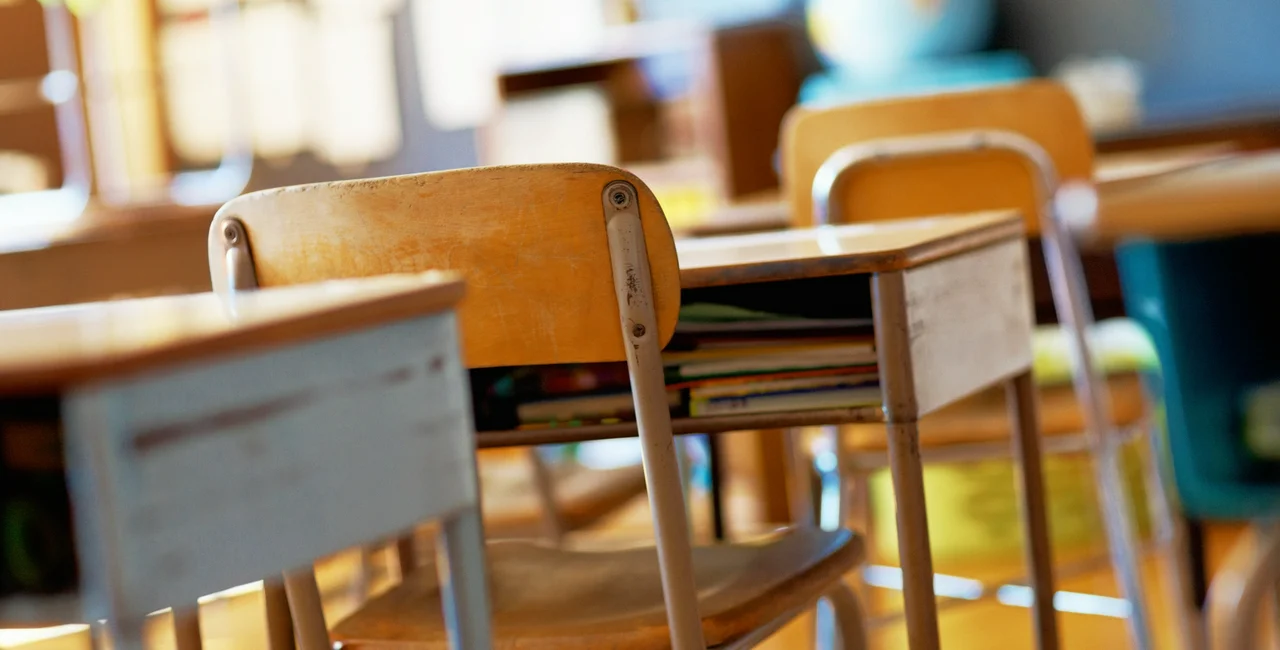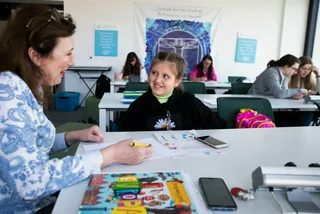More children in Czechia are attending private primary schools. Attendance is now about 22,300 pupils, twice what it was in 2015. This goes hand in hand with a 92 percent rise in the number of private primary schools during the same time. At the same time, private schools operate in a gray area since a proposal to clarify the parameters for enrollment has not yet been approved.
According to Education Ministry data, there were 4,238 primary schools in the Czechia this school year, with around 964,600 pupils. Private schools accounted for about 6.6 percent of the total, up from 3.5 percent in 2015. The number of pupils in private primary schools was 2.3 percent of all schoolchildren, up from 1.1 percent seven years ago.
The number of private kindergartens also is increasing, but more slowly. Currently, there are 425 of them with 13,917 children attending. The total number of kindergartens in the Czech Republic is 5,349, with 360,490 children. The share of private kindergartens this year was about 8 percent and fewer than 4 percent of children attended them. In 2015 private kindergartens were 6.4 percent of all kindergartens, and 3 percent of children attended them.
But many private schools are operating in a legal gray area. The Education Ministry in February published a draft amendment that aimed at meeting the needs of private and church schools when it comes to enrollment. According to the Czech School Inspectorate (ČŠI), schools are now violating the law. The Education Act lists only two criteria for admission to basic education – the age of the child and their place of permanent residence. Many private schools accept students from a wide geographic area and do not have school districts like public schools do.
The relevant decree also mentions the possibility of the existence of “other criteria,” but does not further define them. According to the proposal, the new rules were to apply to registrations in April this year, but the amendment has not yet been approved.
Last year, the Czech Statistical Office (ČSÚ) saw more trends pointing to a change in education. In the kindergartens, there was a 20 percent drop in the number of children under the age of three attending nursery schools in the last school year, and at the primary school level, among other things, there was a growing interest in postponing compulsory school attendance and individual home education.
This, though, partly reflected the effects of the Covid pandemic, which caused complications to in-person education. All students tried home education and distance learning last year, and some of them could find out that it could suit them better in the future than in-person attendance at school, ČSÚ’s Vendula Kašparov said at a press conference in August 2021.
She said that in the previous year, some 4,600 students learned at home and only took tests at school, which was three and a half times the level in 2015.












 Reading time: 2 minutes
Reading time: 2 minutes 




























